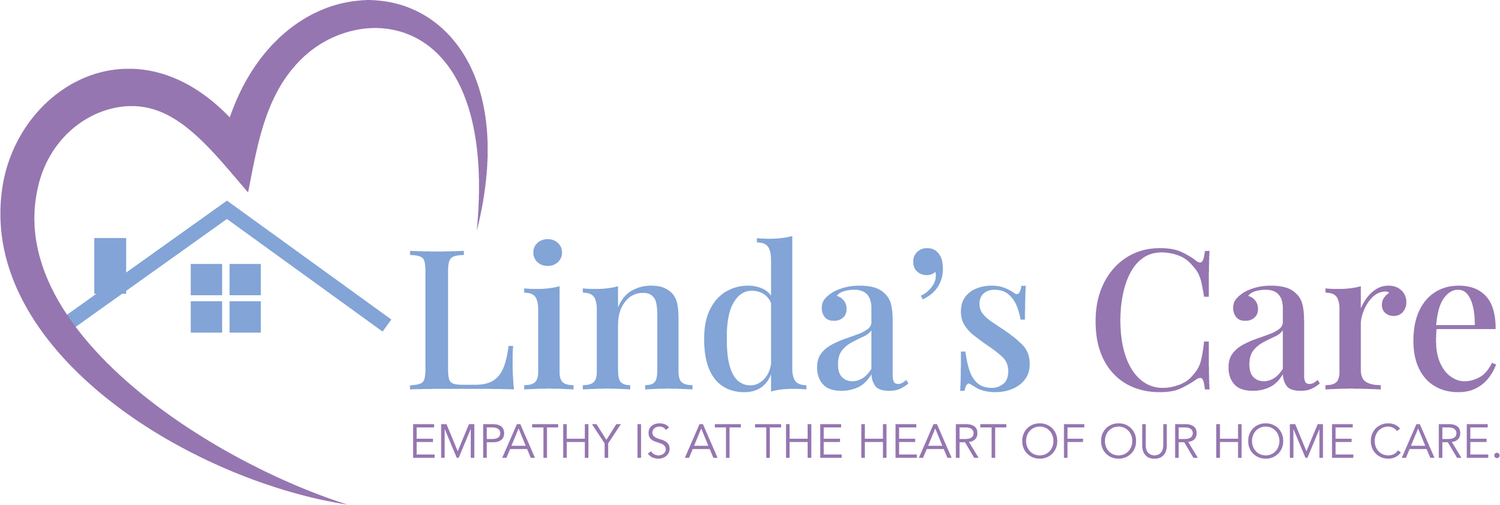What Is The Difference Between Dementia And Alzheimer’s?
While some cognitive decline is a natural part of aging, elderly individuals who show severe indications of memory and communication loss may have a progressive disease that affects the brain. Dementia is not the name for a single disease. It is more like a category of symptoms that occur with certain conditions, illnesses, and diseases. Alzheimer’s disease is one of the most recognized causes of dementia.
While Alzheimer’s disease causes dementia, not all dementia is Alzheimer’s disease. It is important to consult with a primary care physician for any signs of dementia, as many of them can be treated or managed.
What Causes Dementia?
The common symptoms of dementia include memory loss, confusion, difficulty with motor skills or speaking, getting lost, agitation, and quickly forgetting new information. All of these symptoms fall under cognitive function, so dementia is generally understood as a condition in the brain.
Some physical illnesses cause temporary dementia symptoms. The symptoms resolve when the illness is treated. The most common physical illness that behaves like this is Urinary Tract Infection (UTI). UTI is common in older people, but untrained caregivers may mistake the dementia symptoms for a cognitive disease and delay proper medical care. Whenever dementia symptoms occur rapidly and severely, a visit to the individual’s primary care doctor should be the first step.
Progressive brain diseases that cause dementia are unfortunately irreversible and will usually lead to a loss of necessary life functions like swallowing and moving the limbs. Frontotemporal dementia, Lewy body dementia, and Vascular dementia are all conditions with these and other cognitive symptoms. The earlier a dementia disease is diagnosed, the sooner therapy and treatment can be applied to delay symptom progression and improve quality of life.
What is Alzheimer’s Disease?
Alzheimer’s disease is caused by buildup in the brain that impairs and eventually destroys its ability to function. Early in Alzheimer’s, individuals will lose their memory and have difficulty learning anything new. They may retain very old memories but forget the current people or more recent events.
As Alzheimer’s disease progresses, the buildup takes over more of the brain and gets in the way of language and social skills. In the later stages, individuals will lose their physical abilities. When Alzheimer’s disrupts a person’s ability to swallow, food can go into the windpipe rather than the esophagus, and there is a high risk of fatal pneumonia.
Caring for Someone with Dementia
Family caregivers for individuals with Alzheimer’s or other dementia diseases often have difficulty managing the disease progression. It is frustrating and emotionally draining to care for the ever-increasing needs of someone you love who has dementia. Even when the family is able to provide caregiving services, a home care agency can offer added support to ensure high-quality continuous care. Home care aides allow family caregivers to take breaks and maintain their lives without worrying about leaving their loved one alone.
At Linda’s Care, we offer caregiving services for individuals with dementia, and we work closely with families to ensure that the level of care is always appropriate for the stage of the disease. We communicate regularly with our participants’ families to document changes, review healthcare appointments, and keep track of medications. If you are currently caring for a loved one with Alzheimer’s or another dementia disease, contact us to learn how our services can give you the rest and support you need. Linda’s Care provides affordable and high-quality home care services in Philadelphia, Montgomery County, Bucks County, Chester County, and Delaware County.While some cognitive decline is a natural part of aging, elderly individuals who show severe indications of memory and communication loss may have a progressive disease that affects the brain. Dementia is not the name for a single disease. It is more like a category of symptoms that occur with certain conditions, illnesses, and diseases. Alzheimer’s disease is one of the most recognized causes of dementia.
While Alzheimer’s disease causes dementia, not all dementia is Alzheimer’s disease. It is important to consult with a primary care physician for any signs of dementia, as many of them can be treated or managed.
